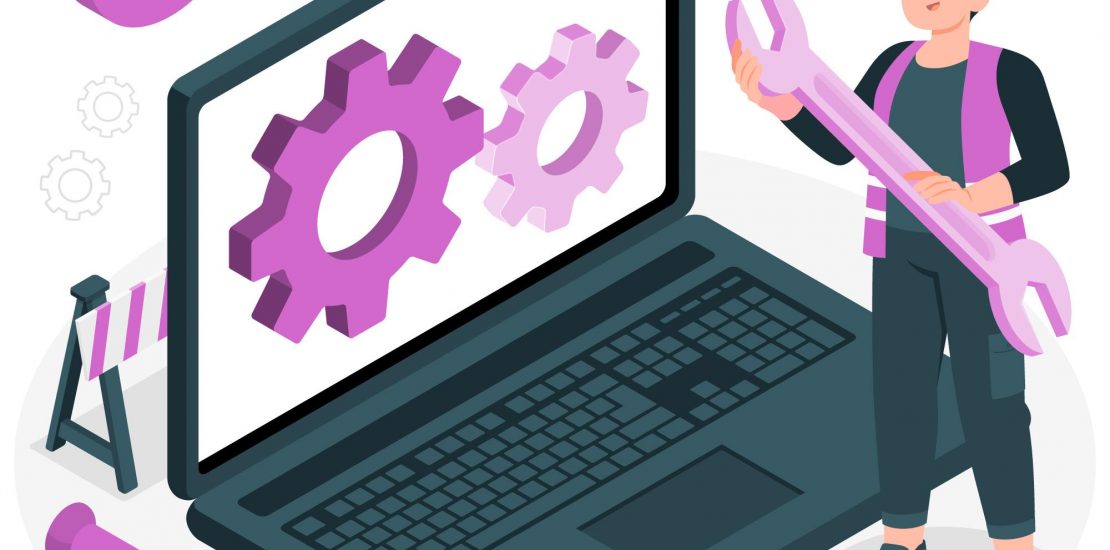- May 6, 2023
- Posted by: premware services
- Category: Others

The Importance of Regular Hardware Maintenance
Are you frustrated with slow and malfunctioning hardware devices? Do you find yourself frequently replacing devices due to breakdowns? The solution to these problems may be simpler than you think: regular hardware maintenance.
Regular hardware maintenance is essential for keeping your IT equipment functioning at its best. When you invest in hardware, you want to ensure that it lasts for as long as possible and provides maximum value for your money. Properly maintaining your hardware devices can extend their lifespan, improve their performance, and save you money in the long run. In this article, we’ll explore the importance of regular hardware maintenance, how it can benefit you, and some tips for maintaining your devices.
Hardware maintenance is the process of keeping your physical devices in good working condition. This can include cleaning, updating software, replacing parts, and performing diagnostics. Neglecting hardware maintenance can lead to several problems such as:
- Reduced performance
- Malfunctioning devices
- Security risks
- Increased repair costs
- Shortened lifespan of devices
Regular hardware maintenance can prevent these problems and keep your devices running smoothly. It’s important to remember that devices, just like cars, require regular upkeep to function properly and efficiently.
Here are some reasons why regular hardware maintenance is so important:
1. Preventing Downtime
Hardware failures can lead to costly downtime, which can impact your business operations and revenue. Regular maintenance can help prevent these failures by catching issues before they become major problems. By keeping your hardware running smoothly, you can avoid unexpected downtime and keep your business running smoothly.
2. Extending Hardware Lifespan
Hardware is a significant investment, and you want to make sure that you get the most out of it. Regular maintenance can help extend the lifespan of your hardware by keeping it in good condition. This means that you can use your equipment for longer and delay the need for expensive replacements.
3. Improving Performance
Over time, hardware can become sluggish and slow down. Regular maintenance can help improve performance by keeping hardware clean and free from debris. This can also help prevent overheating, which can cause damage to your equipment. By keeping your hardware in good condition, you can ensure that it performs at its best.
4. Enhancing Security
Hardware maintenance can also help enhance security by keeping your equipment up-to-date with the latest patches and updates. This can help prevent security vulnerabilities from being exploited and protect your business from cyber threats.
5. Saving Money
While regular maintenance may seem like an additional cost, it can actually save you money in the long run. By catching issues early, you can avoid costly repairs and replacements. You can also save money by extending the lifespan of your equipment and avoiding the need for premature replacements.
Tips for Maintaining Your Devices
Now that we’ve discussed the importance and benefits of regular hardware maintenance, let’s explore some tips for maintaining your devices:
1. Keep Your Devices Clean
Dust and debris can build up inside your devices, leading to overheating and malfunctioning. Regularly cleaning your devices with compressed air or a soft cloth can help prevent these problems.
2. Keep Software Updated
Outdated software can lead to security vulnerabilities and reduced performance. Make sure to regularly update your software and operating systems to ensure optimal performance and security.
3. Perform Diagnostics
Running diagnostics on your devices can help identify any potential problems and prevent costly repairs or replacements. Many devices have built-in diagnostic tools that can be accessed through the settings or control panel.
4. Back Up Your Data
Backing up your important data can help prevent data loss in case of hardware failure or other problems. Make sure to regularly back up your data to an external hard drive or cloud storage.
5. Replace Parts When Necessary
If a part in your device is broken or outdated, it’s important to replace it to prevent further problems. Consult the device’s manual or a professional for advice on replacing parts.
6. Schedule Regular Maintenance
Set a schedule for regular maintenance such as updates, cleanings, and diagnostics. This can help prevent problems from occurring and keep your devices running smoothly.
Conclusion
In conclusion, regular hardware maintenance is essential for ensuring that your IT equipment functions at its best. By preventing downtime, extending hardware lifespan, improving performance, enhancing security, and saving money, regular maintenance can provide significant benefits to your business. So make sure to prioritize hardware maintenance as a part of your overall IT strategy.
